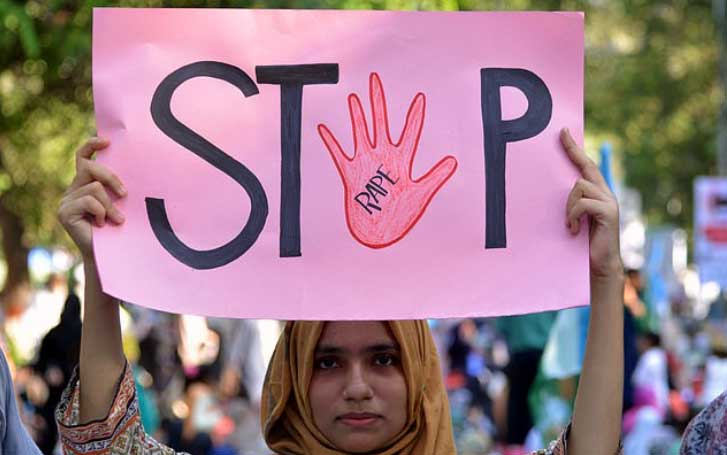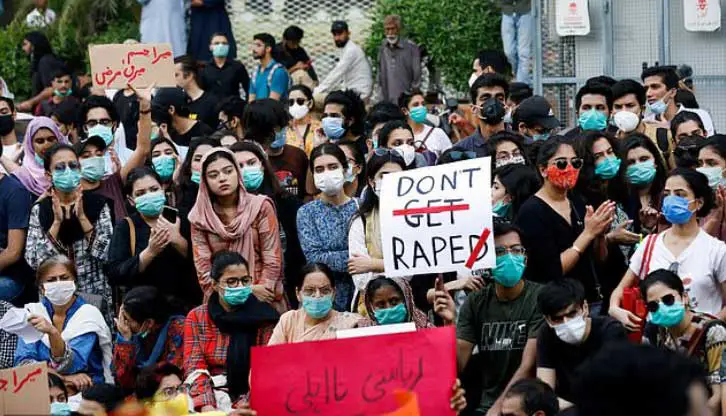
Rapists Will Get Chemically Castrated In A New Pakistan Law
Published on December 17, 2020 at 8:15 AM by Mc Noel Kasinja
Following public outburst against sexual violence, Pakistan has presented a new law that will see rapists chemically castrated.
The country’s Prime Minister Imran Jhan and his cabinet approved the legislation in November. This week President Arif Alvi signed in as well, as Daily Mail reports.
The new law comes as part of Pakistan’s response to the countless cases of sexual abuse in the country. Other steps the government has taken in that direction are creating a national sex offenders register and protecting the victims’ identities.

Currently, the sentence for rapists in the Islamic Republic is between 10 and 25 years behind bars. The death penalty is also applicable in some extreme cases. With the new law, some sexual abusers will face chemical castration – a process using medication to reduce testosterone. It has already been used for pedophiles in Indonesia since 2016 and child rapists in Poland since 2006.
Near the city of Lahore, on a deserted highway, a woman was pulled out of her car by two men, who later gang-raped her in front of her children. The incident happened after the woman’s car had run out of petrol in the middle of the road. She called for assistance, but the two rapists dragged her out of her car before the help arrived.
Both perpetrators were later arrested. For gang-rape, the local government punishes offenders with a death penalty or life imprisonment.
However, lead investigator Umar Sheikh suggested that the mother-of-two was to blame for the assault. He said that she should have traveled on a busier road and checked her petrol before taking off.
The investigator’s ill-fitted observation sparked a wave of protests in the country. Supporting the protesters, Amnesty International stated:
“There have been too many victims and too few convictions of perpetrators in a criminal justice system characterised by impunity.”

The government now has 120 days to make the new anti-rapist legislation permanent.
According to the new law, there will also be fast-track courts, which will hear rape cases and reach a verdict in no longer than four months. Nevertheless, some people slammed the government, claiming that the chemical castration is too harsh.
In 2018, a 6-year-old girl named Zainab Ansari was raped and murdered by a serial killer. Imran Ali, 24, was later sentenced to death and hanged in the case. Since that tragic case, Pakistan has witnessed a drastic increase in rape incidents.
Meanwhile, nearly 1,000 Pakistani women are killed every year for allegedly violating conservative norms on love and marriage in the country. Unfortunately, ineffective investigation and prosecution of rape cases are common in the South Asian country due to the prevalent gender-based violence towards women.


